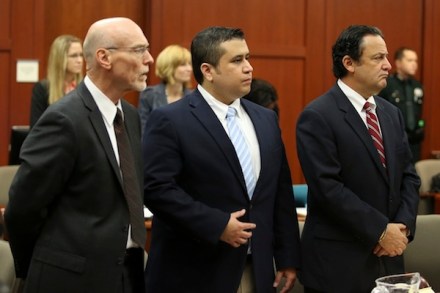Philip Blond for Mayor of London?
While David Cameron, assisted by a trio of pyjama-clad children and the Chancellor, was entertaining the ladies and gentleman of Her Majesty’s Loyal Press Corps in No. 10, right-wing elements of the Conservative Party were carousing by the river in Chelsea. IDS, Welsh Secretary David Jones and venerable right-wingers Sir Gerald Howarth and Graham Brady joined former Tory head of press Nick Wood and his cohort from Media Intelligence Partners for a rabble-rouse. Unlike the Downing Street soiree in the Rose Garden, this was not a champagne free-zone. Ûber-wonk Philip Blond was overheard discussing his plans to run for Mayor of London. And as the evening wore on, Blond began to try



















